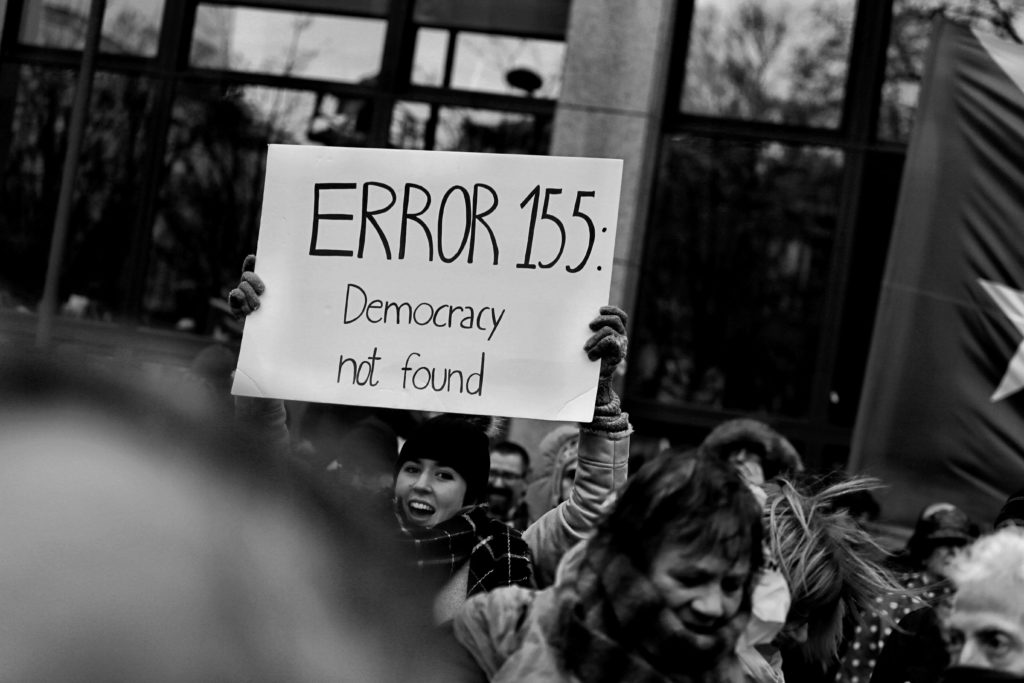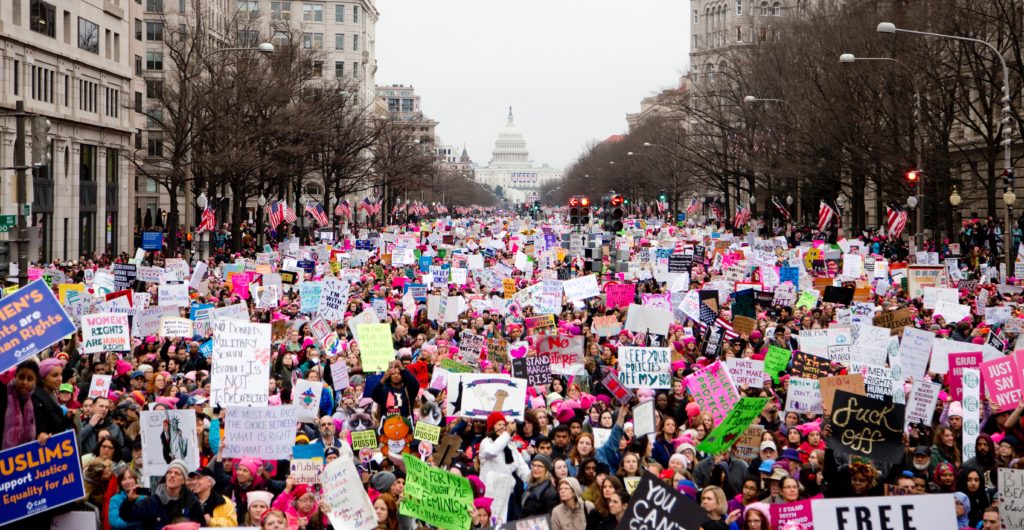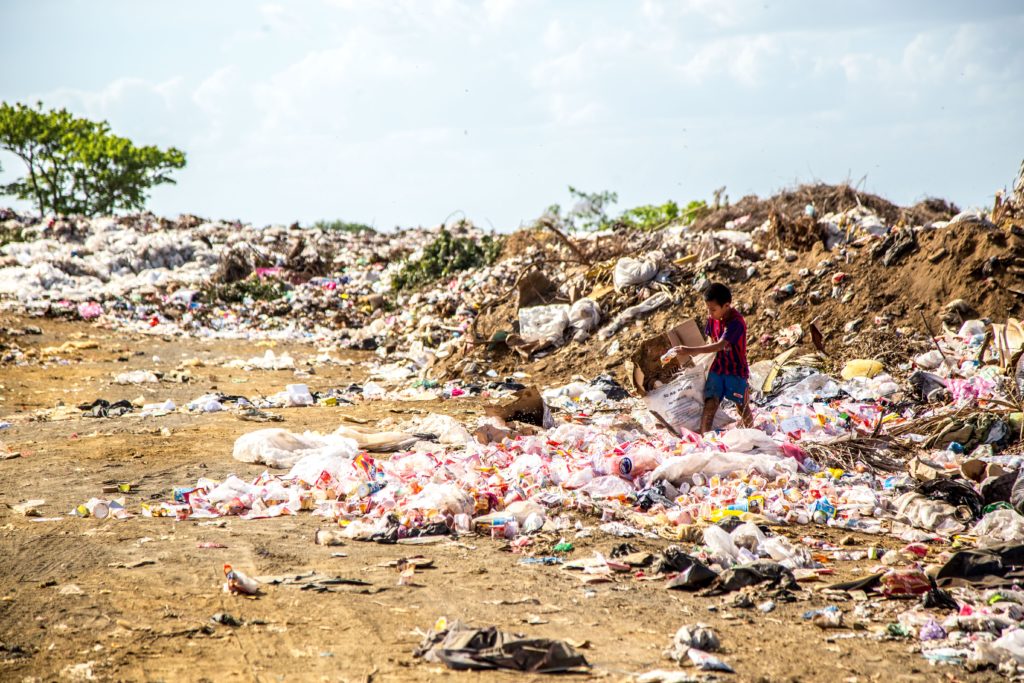The challenges of the 21st century demand an antidote to “fake news” and fundamentalism, a science that aims to capture the complexity of humanity.
On Anthropology Day 2019, anthropologists from Deakin University, and around the country, will speak out on behalf of their discipline, for the sake of making a world safe for difference.
“What a piece of work is man,” Hamlet is supposed to have said to Rosencrantz. Some actors play the line with awe. Others, irony. Still others, puzzlement. Four centuries later, all three sentiments remain timely.
The key challenges of our era, from political crisis to economic catastrophe to environmental collapse, all hinge on the good, the bad, and the uncertain possibilities of human civilisation:
Why do we seem unable to avoid extinction by our own hand, care of climate change, despite decades of warning?
How does a democratic country slide towards totalitarianism?
Who “belongs” in our society and what are the consequences of excluding others?
What is the influence of new technology making of us?
When will the next financial crisis hit?
We could go on.

These questions are existential in scale. Yet there is little consensus about how to frame them. Indeed, lack of consensus is often at the root of the problem.
We invoke platitudes about human nature, or repeat the commonsense truisms of people around us – from the orthodoxy of climate change denial, to the truthiness of Islamophobia. But as anthropologists know, “common sense” is rarely as common or as sensible as we think.
Our shared assumptions are rapidly outmoded by the changing world, and the unpredictable ways in which human beings are changing with it. Now, more than ever, we need to pursue Aristotle’s maxim, “Know thyself”, not through platitudes or echo chambers, but with an open mind and careful research.
Now, more than ever, “anthropology” should be a household word.
Anthropology is the study of humanity. Not in order to boil us down to some essential “human nature” (as if billions of us were somehow essentially the same) but to capture the holistic spectrum of human possibilities, from totalitarian regimes and their war machines to the Indigenous hunter-gatherers who stand between the Amazon and deforestation.
Rather than reduce this infinite diversity to laws and equations, as an economist might, anthropology “stays with the trouble”, as Donna Haraway puts it.
It refuses to take anything for granted about who we are or how we should organise a society. Ruth Benedict famously said, the goal of anthropology is to make the world safe for human difference.
This ability to see beyond received wisdoms, and to think comparatively and holistically has helped anthropologists anticipate the Global Financial Crisis where economists failed, found global social movements like Occupy Wall Street, and even earned some of them files at J. Edgar Hoover’s FBI for their resistance to racism and McCarthyism.

In Victoria, it has helped anthropologists like Deakin’s Timothy Neale who explores the integration of Indigenous knowledge into fire management, and Tanya King, who calls out the connections between mental illness and the reorganisation of local fishing industries.
Further across Australia, Deakin’s Cameo Dalley poses questions about the experiences of Aboriginal people who gain native title recognition and how they shape local relations between Aboriginal and non-Aboriginal people.
On Anthropology Day 2019, Deakin anthropologists will join colleagues across the country (in Brisbane, Sydney, Melbourne, Perth) in a series of free public events to put a spotlight on anthropological knowledge and the contributions it can make to some of the most pressing questions of our day.
Deakin’s Eben Kirksey, for example, will give a talk entitled, simply, “The Future,” describing his research on gene editing, body hacking, and the implications for a human species that can now realise the aspirations of generations of eugenicists to direct its own evolution.
Eben’s work raises the question of what it means to be human in the twenty-first century, and what forms of freedom or control this brave new world of designer babies will yield.

In the same programme, Deakin anthropologist David Boarder Giles will explore the world of wasted commodities at the bottom of commercial dumpsters.
Through dumpster-diving, Giles identifies the impact not only of our throw-away culture – that abandons one in five shopping bags of the food we buy – but also the remarkable inefficiency of our market economy, that discards many of its goods before they ever reach a point of sale, including billions of kilos of unspoiled food trashed by retailers.
When necessities like food and shelter are abandoned for economic reasons, while thousands go hungry or shelterless, Giles points out that our economy relies on a kind of manufactured scarcity.

Kirksey and Giles will be joined by anthropologists from across Melbourne on August 9 at the Wheeler Centre to discuss topics from Indigenous sovereignty to immigration to the transformation of twenty-first century cities.
The programme will also feature performances, films, and recordings celebrating cultural diversity and exploring the range of careers that anthropology students might pursue.
Through Anthropology Day and other popular platforms – such as Deakin’s Conversations in Anthropology@Deakin podcast or the Australian National University’s The Familiar Strange – anthropologists now more than ever must make it their business to weigh in publicly wherever received wisdoms go unquestioned or human diversity is reduced to a monologue.
Other academic disciplines have made such a leap to household status. The psychology of celebrities and criminals alike makes headlines, for example. Economic forecasts tick across the bottom of our screens. Criminology even has its own subgenre of television drama. Each of these social sciences has their place.
But when trying to make sense of problems that are bigger than the individual psyche, broader than the fiscal bottom line, and less fixated on law and order, we need a science that can ask the existential questions they ignore – about human societies, culture.
That science is anthropology.
Dr David Boarder Giles
School of Humanities and Social Sciences
Anthropology Day will be held on August 9, 2019, from 10am to 1pm at the Wheeler Centre (176 Little Lonsdale Street, Melbourne, VIC 3000).



